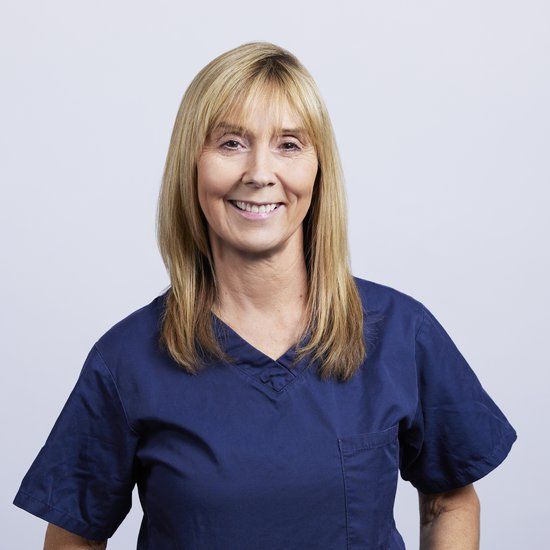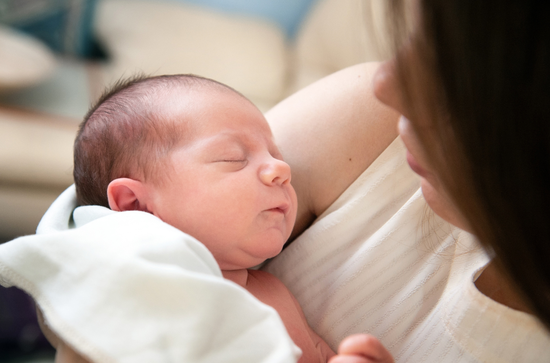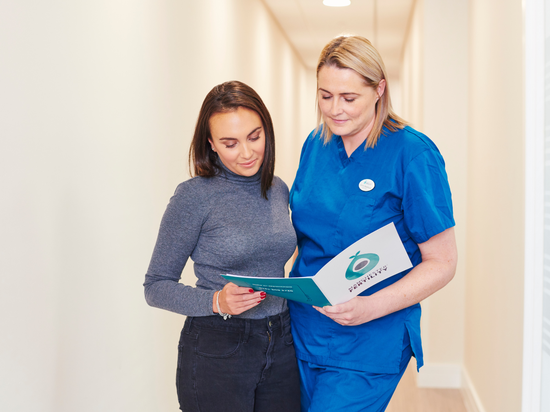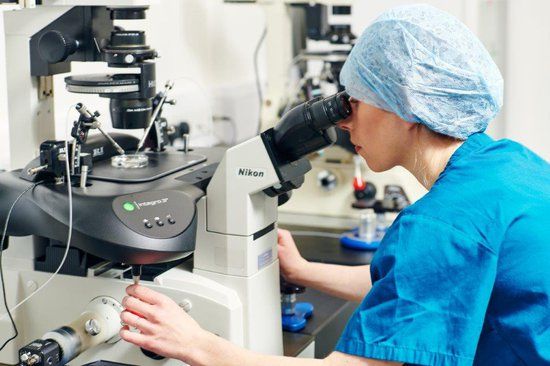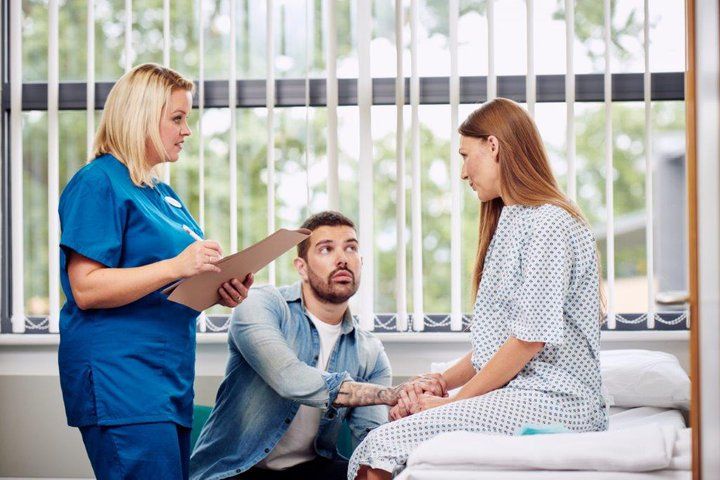
Embryo transfer is one of the most exciting stages of your IVF journey, and it also marks the very start of the two-week wait. We know this can be a challenging time, filled with anticipation and questions, so we’ve created this guide to help you understand what to expect during the first 14 days after your transfer.
The embryo transfer process
Let's begin with the embryo transfer process. Our embryologists choose your best embryos for transfer using our Embryoscope incubator, which produces time-lapse videos to give detailed insight into their development, and iDAScore, the new AI (artificial intelligence) time-lapse technology to support embryo culture and selection further.
Once selected, your best quality embryo will be coated in EmbryoGlue to help implantation, then gently inserted into your uterus via a fine catheter. Your consultant will carry out your transfer under ultrasound guidance.
Our purpose-built laboratory uses the most advanced technologies and equipment to ensure our teams have the perfect environment for creating and monitoring your embryos and we continue to invest in techniques to ensure every patient has the best chance of achieving their dream.
Days 1-4:
Your embryo will start to hatch and hopefully implant into the uterine lining. At this stage, you can move around, but make sure you take it easy and listen to your body.
Our nurses will support you with any concerns or worries over the coming days, and our Amelya app will include details of any medications you need to take to support your body, with a personalised calendar, so you always feel reassured.
Days 4-6:
Your embryo is usually implanted by day 5 and fetal development will hopefully begin. We understand this is a challenging time and although it might be tempting to test earlier, remember that you may get a misleading result. You can contact our midwifery team through your patient app if you’re unsure about any symptoms.
Days 7-11:
After one week, we will contact you to check in and see how you are feeling at this time. This is to make sure that you are managing and to let you know that we are here for you. A member of our team will provide you with the earliest date you can perform your pregnancy test, which is usually around two weeks after transfer.
Days 12-14:
HCG (Human Chorionic Gonadotropin) hormone levels increase each day and are high enough to be picked up in your urine by day 12-14 post-transfer, depending on the stage of your embryo. During this time, you will perfrom a prgenancy test on the date that our team provided you with.
Embryo transfer tips & advice
It’s natural to be anxious after your embryo transfer. So here are some tips from our expert team to help reassure you:
- Our experts have chosen the best embryo using their experience and the most advanced technology - the New AI (artificial intelligence) time-lapse technology and our Embryoscope incubator.
- They have created the best receptive uterine environment and ensured your body is fully supported and ready for pregnancy. We are all focused on achieving the best possible outcome for you.
- If you have any questions or concerns at all, our experienced midwives and nurses can be contacted through our Amelya app. They are here to support you can give the very best fertility care.
- Do take it easy after embryo transfer. You can carry on daily life as normal, but many women like to take some time out in the days after transfer.
- Continue with a healthy lifestyle and diet and relax as much as possible over these two weeks.
- Be kind to yourself. IVF is an emotional journey, and embryo transfer is the last stage. We are all here to support you every step of the way.
Support during the two-week wait
Midwifery support
We know that the days of waiting to find out if you are pregnant and all the speculation that goes with it are hard. Be assured that our fertility midwives will be here to answer any questions you have about implantation signs, early pregnancy symptoms, and to give support and advice at this time.
Counselling
As part of your ongoing support, our counselling team are available for you at any time should you feel that this would help you. Our Fertility counsellors have many years of experience in helping patients throughout their fertility journey.
Your counselling sessions are carried out entirely in confidence and in private, and your discussions are not shared with our clinical team.
Vicky, a Manchester Fertility Counsellor, says: “Fertility counselling can often be a great stress reliever, which, of course, can only help during a treatment cycle. We can look at strategies that can be put in place to cope with a treatment cycle, things that will make it more manageable, including planning for the infamous two-week wait.”
Read more about of team of expert fertility counsellors, Ann, Claire, Vicky and Gemma here.
Manchester Fertility Support Group
Many patients find our Facebook fertility support group invaluable at this time. This allows you to connect with other Manchester Fertility Patients in the group and learn more about what other patients are going through in their fertility journey. You can participate in our group as much or as little as you wish to.
Once you join, it is always open to you to ask questions, share tips and find support with others who may be experiencing the same things you are at any time you need it, before, during or after treatment. Please search for 'Manchester Fertility Support Group' on Facebook to join our Manchester Fertility family. We’re welcoming new patients every day.
Find out more about starting treatment
If you are looking to start your fertility journey with us, book your free 1-2-1 discovery appointment today. A 1-2-1 is a great place to start finding out about who we are as a clinic and how we have been helping to create families for over 35 years.
Last updated: 12th November 2025

